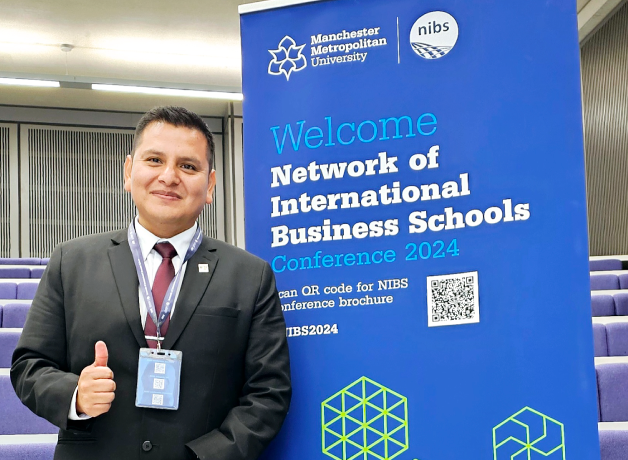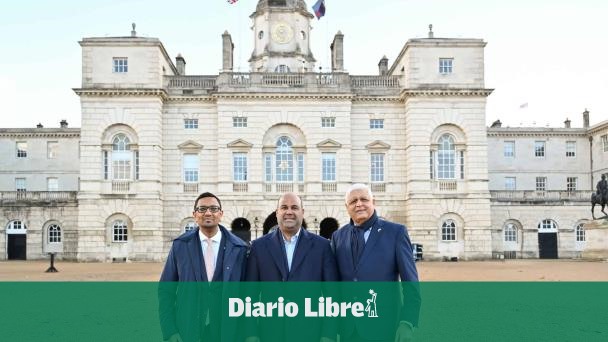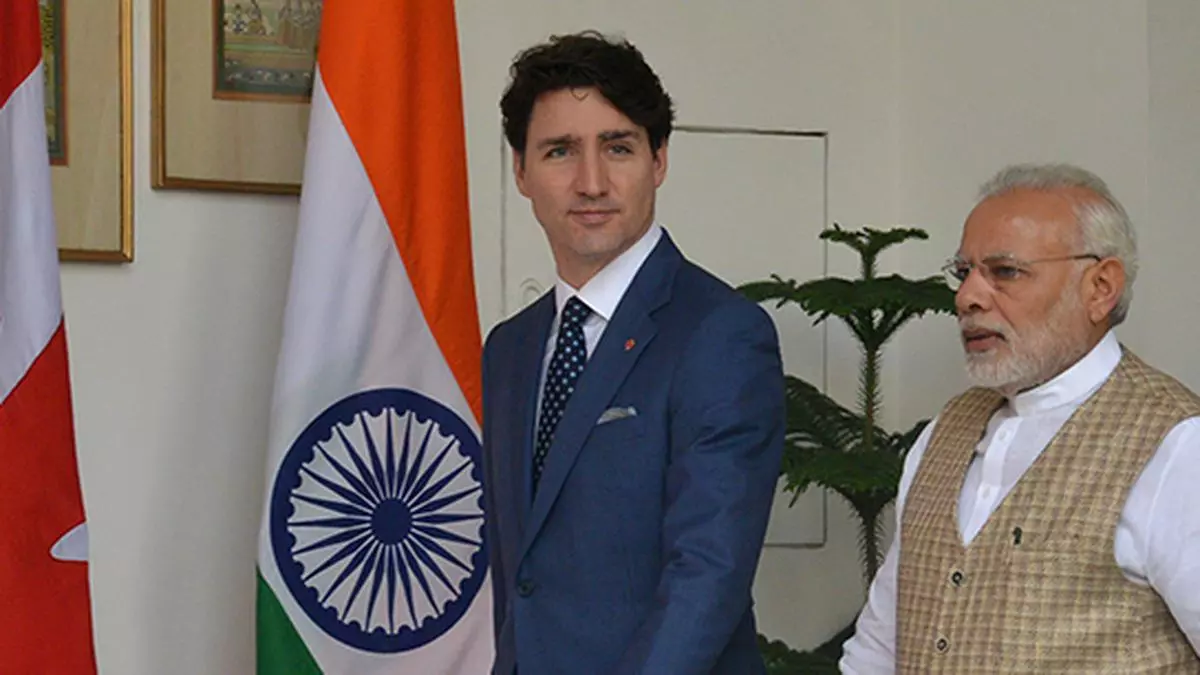Isaac Vásquez is a journalist with more than ten years of experience, especially in the field of economics and business. And today he leaves Perú21—where he arrived in February 2018—to pursue a master’s degree in London. Previously, time was given to analyze the national economic panorama.
Is Peruvian voters’ big problem their ignorance about the economy?I think most know a little about economics even if it’s not in an academic sense. The problem may be that he forgets or ‘forgives’ easily and in many cases he only looks at the candidate and not at his team and the people around him.
And what do you think is the big deal of Peru’s economic press?I don’t know if this applies to all economic press, but one problem is that sometimes it is written thinking about a specific audience or forgetting that the majority does not, using a lot of technicalities from the financial, marketing or public administration sectors and forgetting to explain the point. In most cases, the readers are not specialized. Even when talking about financial or business media, the audience consists of professionals with various profiles.
How to deal with pressure from companies looking for friendly reporting or ‘advertorials’?This can be avoided by working to clearly define the boundaries between commercial and editorial areas, and by establishing clear compliance policies. It may sound tedious to define it, but it not only prevents bad practices, but also makes it clear to advertisers what is advertising and what is not. Additionally, by avoiding bad practices, you benefit them because it makes it clear to them which path to follow in a transparent manner. We already know that big problems in organizations start from small bad actions that often go unnoticed. Then they are normalized and then scaled in dimensions until they are revealed in the report.
How do you view the debate over economic models? Although polarizing, it is on the table. Debate is not bad, it is something we need, we should encourage. Only through debates about economic models can we show evidence of why many of the policies implemented in the last 30 years have been economic and social successes, and why other policies may not have produced the desired results or caused us to begin to regress. Debates, whether on social networks, in university classrooms or in the media, are necessary to avoid attention-grabbing speeches from presidential election campaigns that say they will eradicate corruption, but end up being investigated. Or a mayoral candidate who sells himself as a businessman, but after being elected wants to end the concession contract unilaterally.
What have been the biggest journalistic challenges in recent years, especially in the Castillo era?Clarifying and explaining how feasible or not the candidates’ campaign promises are. Some have government plans that are shorter than monographs and others, like Castillo, allude to the return of business. From a distance it seems easy to explain what the stories say about such experiences, but it is not that simple. At that time, since then Peru21 We launched a project called “Bicentennial Collection, 200 Years of Economics in Peru” which aims to publicize what the country has experienced. The most complicated thing is accessing written sources such as books, papers, investigations and journalistic archives from more than a century ago in the midst of a pandemic. In the beginning almost everything was closed and not all material was digitized. You can request publications two weeks in advance from think tanks or universities and they will tell you they will get them for you within a month.
Who was the most difficult, funniest, and strangest person you interviewed?I don’t know if there is one that is ‘the most difficult’ because usually it is not clear what to say or does not have the information being asked. I remember one of them was the Minister of Agriculture and the other was the Minister of Production. As for the funniest, I remember Fernando Zavala, who was more than just fun, who was also very accessible and horizontal when he was at Backus and I wasn’t even in my first year in the economic press. I will also mention Carlos Raffo Dasso. I interviewed him years ago, before the pandemic, and he was a great character. I don’t know if it has always been like this, because of her advanced age, but she doesn’t stop highlighting it. The weird one doesn’t come to mind, but it might be weird: Jorge Drexler. He has won Oscars for his soundtracks, but he always seems very humble.
What does a master’s degree consist of in the UK?This is a master’s degree in political economy from King’s College London, but focuses on emerging markets. I was attracted by the versatility offered to take different courses such as public policy analysis, project management or decentralization, and thus tailor the program to one’s wishes.
How will it look in a few years? Do you have a political, economic or journalistic project?In general I don’t like to talk about plans that won’t work, it’s like a cabal. But in the medium term I still see myself in journalism or projects that impact society.
Own signature
He is a journalist and is 33 years old. He studied communications at USMP, in addition to courses at The Wharton School, Lincoln Institute of Land Policy, ESAN and UPC. He has worked at Caretas, Llorente and Cuenca, Grupo Epensa, Diario Exitosa and Perú21. He will study at King’s College London.
“In 2012 I was still at university and I found out that they were looking for internships at Caretas. The work is not actually journalistic, but rather an archive. In parallel, he writes about contemporary art for the startup digital magazine Arte Manifesto. In 2013 I entered Correo.”
“Everywhere there are people who can act unethically. Economic journalism is affected by a lack of filters and the fact that many media outlets, at least until recently, have not paid enough attention to economic journalism. That’s why it’s important for media to also have a compliance policy.”

“Entrepreneur. Internet fanatic. Certified zombie scholar. Friendly troublemaker. Bacon expert.”

:quality(75)/cloudfront-us-east-1.images.arcpublishing.com/elcomercio/3SWNZG5BSNFPVABA4S2WITIMCA.jpg)




